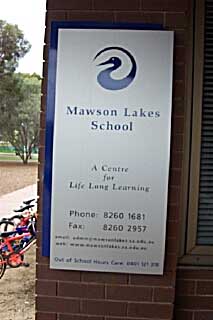|
The world of The world of the Lifelong Learning University |
The World of the Lifelong Learning School Schools can play a key role in the development of a Lifelong Learning Society. In theory, they teach the skills and knowledge and foster the values and attitudes which potentially enrich a country’s, region’s or city’s future. The following is offered as a basis for discussion and as a new dynamic for consideration by school teachers and administrators. The diagram below is a concise and creative basis for discussion by teachers, administrators, governors, parents and everyone involved with schools. The Long Learn |
 |
||||||||||||||||||||||||
|
|||||||||||||||||||||||||
‘We see schools - quite as much as other providers - as being more and more concerned to enable people to learn how to learn, as well as dedicated to transmitting knowledge, skills and understanding. We regard the disposition to learn, and the confidence to do so, as being vitally important currencies for the future. We see secondary schools, in particular, progressively moving away from rigid timetables, and even classroom based teaching, to very much more flexible modes of provision tailored to the needs of the individual learner and supported by ever strengthening distance learning and ICT.’
People will only plan for consistent learning activities throughout their lives if they want to learn. They will not want to continue to learn if their experiences of learning in early life have been unsuccessful and personally negative. They will not want to carry on if appropriate learning opportunities are not practically accessible as far as timing, pace, location and affordability are concerned. They will not feel motivated to take part in learning whose content and methods do not take proper account of their cultural perspectives and life experiences (European Memorandum on Lifelong Learning) |
|||||||||||||||||||||||||
Read the initial letters of each column So how’s it done? Learn More from a) the second part of the book ‘Lifelong Learning in Action’
More about the skills-based curriculum?
Short Stakeholder Audit for Schools Click here for more information |
|||||||||||||||||||||||||
Copyright 2007 Long Learn Ltd |